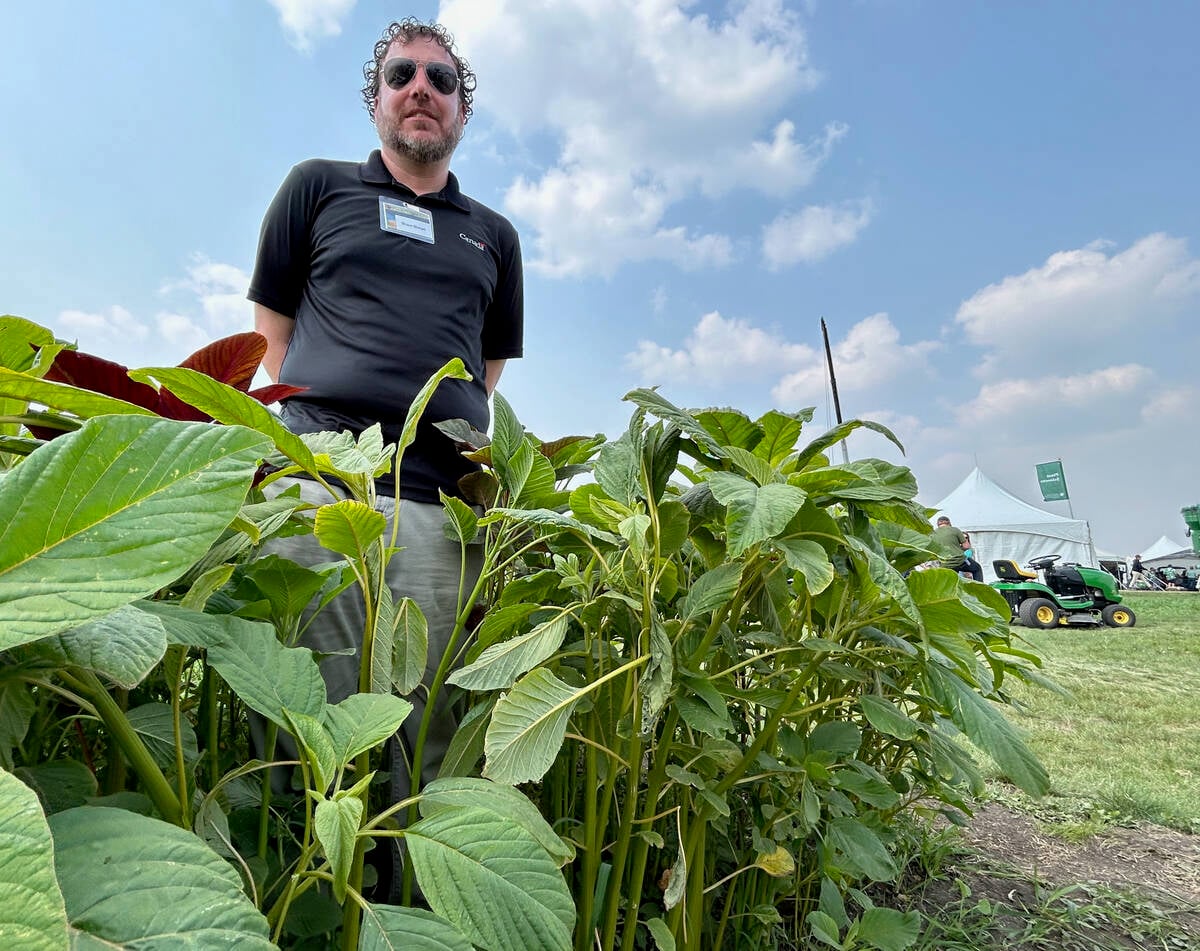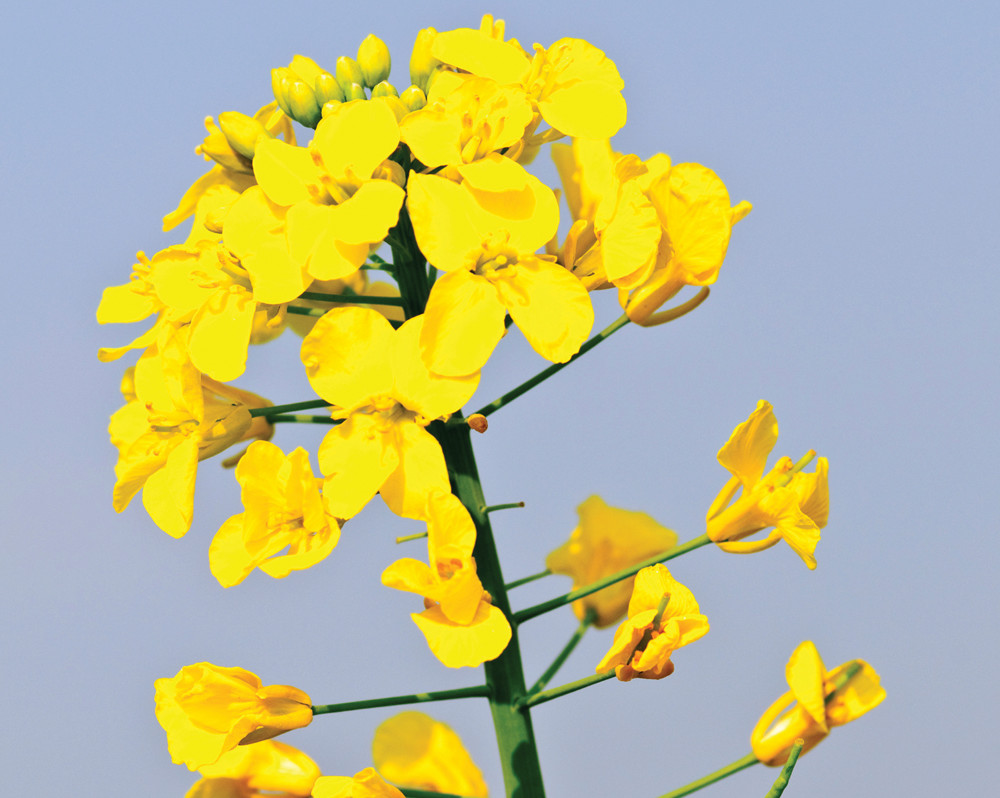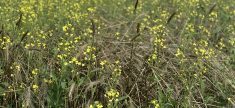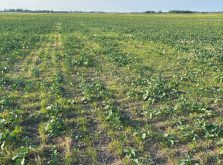Do you depend on your provincial seed guides to help you make a choice about what varieties of canola you’re going to plant any given year? If so, you may be wondering, given that those great resources are available, why the Canola Performance Trials (CPT) are also important for making decisions for your particular acreage.
The seed guides come out of the CPT directly, says Curtis Rempel, vice president, crop production for the Canola Council of Canada. The trials look at a wide variety of new canola varieties and test them — in different conditions — to see how well the different varieties perform.
Read Also

Glufosinate-resistant waterhemp appears in U.S. Midwest
News of glufosinate-resistant kochia in the U.S. is concerning as farmers are losing options to control waterhemp, also of the pigweed family.
It’s important to know up front that the Canola Council of Canada is the arms-length organization that manages the trials. They make sure protocols are designed properly, they audit test sites to ensure consistency, and they organize the data and statistics. But, the Canola Council does not fund the trials, says Rempel. There are two funders: provincial farm organizations (Alberta Canola Producers Commission, Manitoba Canola Growers, SaskCanola and the B.C. Grain Producers Association) plus the life science companies (seed companies).
Given the importance of these trials, what do farmers need to know about them? Interestingly, the seed companies register more varieties than they commercialize, and when varieties are through the registration process the initial trials on seeds (pre-commercial) are done without herbicides and without taking particular management styles into account. This is done so that the seeds can be initially tested solely on their genetic strength, says Rempel.
In the post-management part of the process, herbicide is applied and farm management styles are taken into account. Canola varieties turn over every three to four years, says Rempel, so the trials look at new seeds that are just coming onto the market vs. commercially standard older seeds, which have historically had good results. They look at “running yield improvements,” says Rempel.
Using the results
Online, farmers can look at the results of all the trials. What’s usually most helpful are results in the areas close to where you farm. For example, if your farm is in Saskatchewan, you can zoom in on the map on the Canola Performance Trials website and see the test sites in Saskatchewan. Clicking on sites close to your own farm may give some useful data based on the varieties that were tested near your location and their outputs.
Another way farmers can use the trial results, says Rempel, is to search for desired yields for their area. For example, if you’re comfortable with 60 bushels per acre, you can look to the map and the data to see which varieties gained those kinds of yields in your area or in areas with similar environmental conditions. You can take local environmental conditions for your own area into account as well.
“No variety wins every trial,” says Rempel. “With some, the yield potential is lower but they are consistent, with others they have a high yield, but more intense management is needed.” The Canola Council of Canada doesn’t comment on which varieties are the most interesting or the “best” since the trials cover a variety of regions, conditions, management styles, and herbicide management. Rempel suggests that farmers look at the data with their particular questions in mind: yield, yield stability, and how you want to split up your own acres.
There are just no bad varieties these days, says Rempel. A lot of the choice comes down to what your management style on your own farm is because “farmers may not want to manage each acre the same way.”
New developments
The newest development in this year’s trials is pod shatter management.
“We’re on the cusp of this exploratory work this year, and it will be ongoing,” says Rempel. There are a few varieties available on the market now, but there will be more and better representation from all the companies regarding pod shatter in the very near future.
Pod shatter can lead to yield loss, so garnering new varieties that can protect against this is “good for growers.” Remember, varieties are rolling over very often and they’re always improving, says Rempel, and plant scientists are doing excellent work with canola, the “absolute acumen” is incredible. So take a look at http://www.canolaperformancetrials.ca to see what’s working where you farm. †















